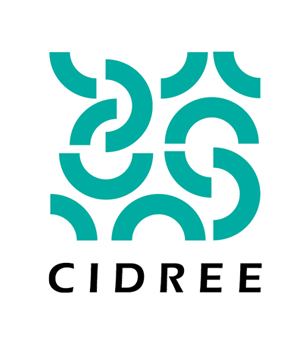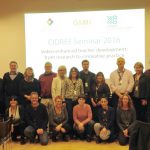What’s most worth learning?
During two days in early October, 16 representatives of 10 European countries came together to discuss what’s most worth learning in basic education, and explore new developments to improve learning for the future.
What’s most worth learning is one of the most relevant curricular questions at this very moment. In many countries discussions are taking place on what and which 21st century skills are of importance, how to incorporate them and how to assess them, if possible. Beyond the 21st century skills debate, is how we understand learning and how knowledge is linked to all this: whether at the center of the skills, or as content around the skills, or as part of general objectives through which competence is built.
Traditionally the dimensions (or elements) of transversal competences are described as knowledge, skills, attitudes and values. An important dimension added during the expert meeting is the dimension called ‘volition’, or ‘the faculty or power of using one’s will’. Many of us found it an important contribution to the set of competences already incorporated in the 21st century skills. As the future is unknown and the need for our young people to steer themselves and take informed action will only grow, volition is a dimension of any given competence our young should possess. Wicked, or complex multidisciplinary problems need to be solved through collaboration between maybe unforeseen fields connecting together. Open mindedness to build such connections is important.


